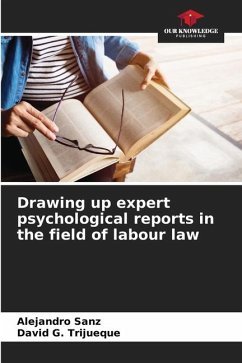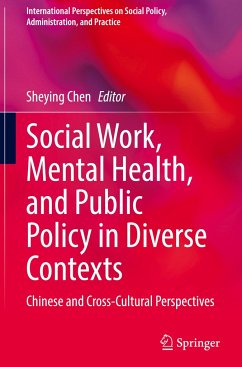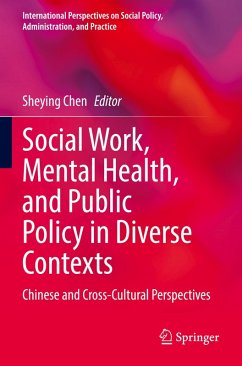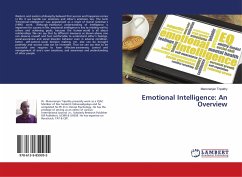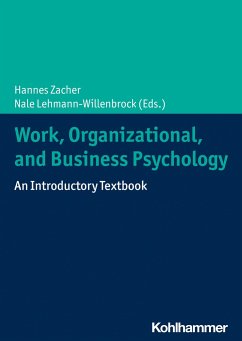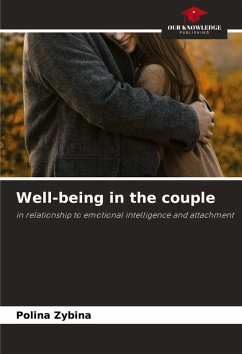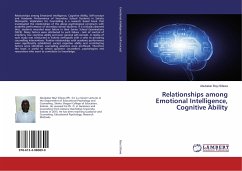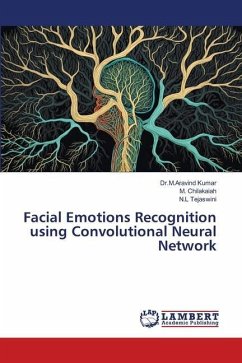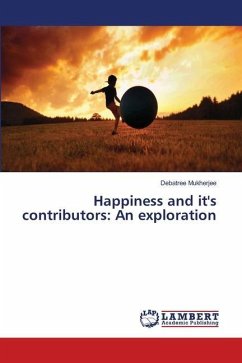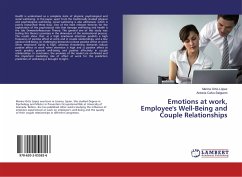
Emotions at work, Employee's Well-Being and Couple Relationships
Versandkostenfrei!
Versandfertig in 6-10 Tagen
24,99 €
inkl. MwSt.

PAYBACK Punkte
12 °P sammeln!
Health is understood as a complete state of physical, psychological and social well-being. In this paper, apart from the traditionally studied physical and psychological well-being, social well-being is also addressed, which is poorly researched these days. One of the most relevant theories for the explanation of the psychosocial risks that damage well-being and health is the Job Demands-Resources Theory. The general aim of this study was testing this theory's premises in the dimension of the motivational process. The results show that: a) a high emotional attention predicts a high frequency o...
Health is understood as a complete state of physical, psychological and social well-being. In this paper, apart from the traditionally studied physical and psychological well-being, social well-being is also addressed, which is poorly researched these days. One of the most relevant theories for the explanation of the psychosocial risks that damage well-being and health is the Job Demands-Resources Theory. The general aim of this study was testing this theory's premises in the dimension of the motivational process. The results show that: a) a high emotional attention predicts a high frequency of positive affect at work and in couple relationships, and a low general well-being, b) challenging demands increase positive affect at work when emotional clarity is high, whereas threatening demands reduce positive affect at work when attention is high and c) positive affect at work predicts general well-being and positive affectivity in couple relationships. In conclusion, the premises ofthe model are confirmed and the important mediating role of affect at work for the prediction prediction of well-being is brought to light.




